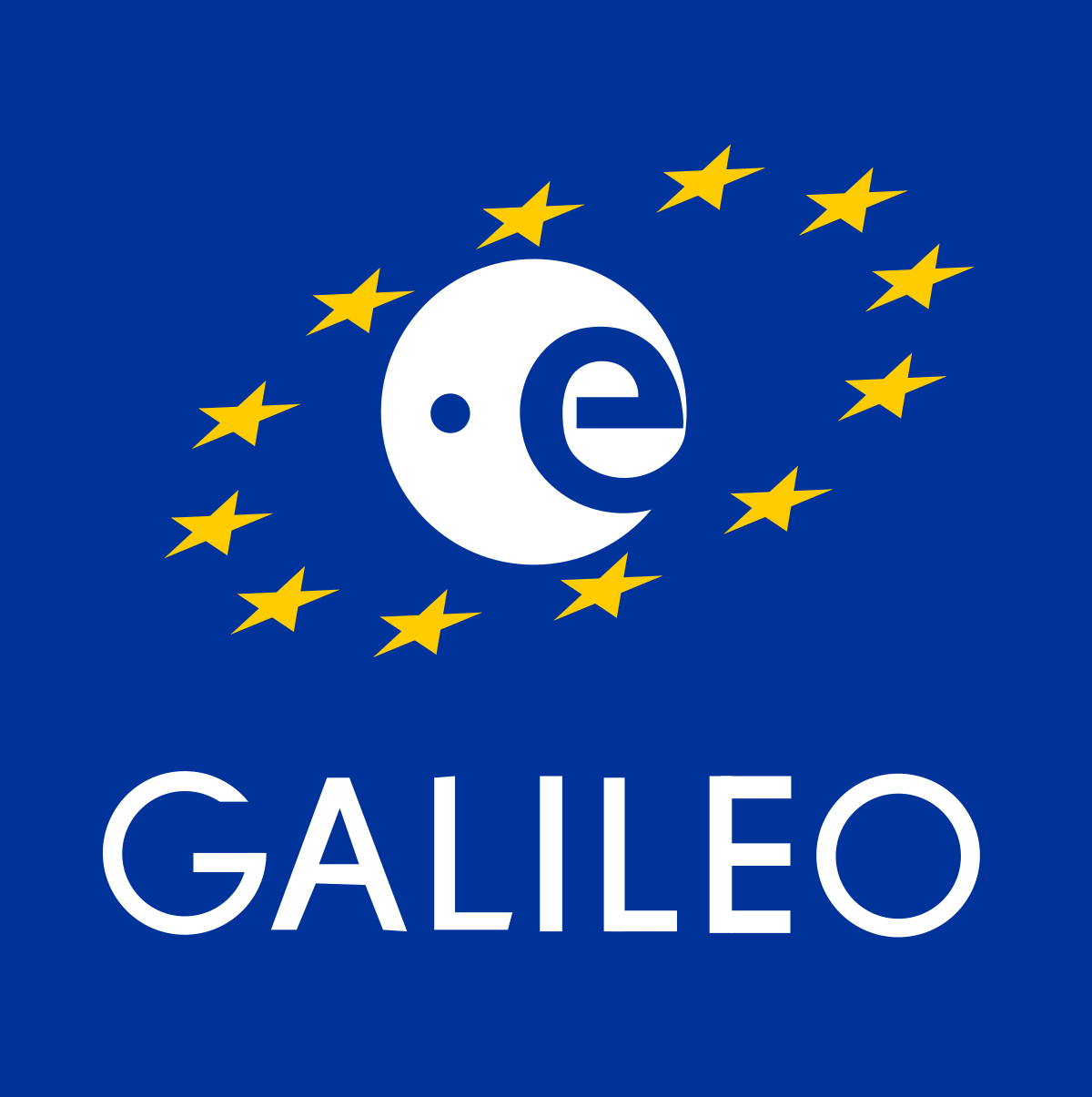UK to lose full access to the EU Galileo sat-nav system
By Jacklin Kwan

The UK has pledged at least £92m to a satellite navigation system that is proposed to rival the EU’s Galileo project. After the EU announced that the UK would not be able to access sensitive encrypted data from Galileo post-Brexit this coming March, the UK has threatened to launch its own sat-nav system despite having already spent £1.2bn on Galileo.
Galileo will handle sensitive security data and will form an integral part of the EU’s internal security infrastructure, but will still perform key civilian functions. It is meant to surpass the US’ Global Positioning System (GPS) and Russia’s Global Navigation Satellite System (GLONASS) in its accuracy, allowing the EU to be less reliant on foreign technologies (though it is still capable of working together with other networks). Its precise positioning would have applications in commerce, public utilities, and humanitarian operations. As of August 2018, 26 satellites are in orbit. Though 24 satellites constitute a full system, Galileo plans to have six spares in orbit– the complete 30 spacecrafts are planned to be launched by 2021.
Brexit negotiations have been tense, and in August, the European Commission blocked Britain’s space industry from further involvement in the manufacturing of Galileo’s security elements, in particular, to its Public Regulated System (PRS), which is planned to provide support to government services such as health services, border control and customs, and local policing. Though the UK would still have access to the much of the civilian infrastructure of Galileo, the PRS is what is at stake. The PRS is heavily encrypted, jam-resistant signal meant for government bodies and military forces handling sensitive security matters such as Europe’s growing worries around domestic terrorism and political extremism. The divorce would also spell out the exclusion of non-EU companies bidding for participation in Galileo. UK-based industries such as Airbus would be required to transfer all Galileo-related work to factories in France and Germany under new EU rules, and many British companies responsible for the manufacturing of Galileo have already lost orders.
After the European Commission’s announcement, UK has retaliated with Business Secretary Greg Clark stating that the government would “develop options for an independent satellite navigation system” despite many experts estimating that it most likely cost Britain several billion pounds for an equivalent project. Many officials have criticised this move, arguing that it goes against the last few decades of British space policy, which has aimed to minimise domestic spending and maximise capabilities gained from cooperation. The UK has collaborated with many international actors in the past such as the EU and the US on previous space projects, including but not limited to space exploration and telecommunications.
Led by the UK Space Agency, the UK has already assembled a task-force of specialists and industry experts to research alternatives to Galileo that will “provide both civilian and encrypted signals and be compatible with the [American] GPS system”. Though the government is confident in domestic expertise in satellite technology, noting the UK’s critical contributions to the development and production of Galileo, accurate navigation systems require many expensive, state-of-the-art satellites. Many predict that Britain may be forced to continue relying on pre-existing navigation systems that are under the threat of degradation.
The conflict around Galileo parallels the anxiety that many British scientists have around access to European research in a post-Brexit world. Much of Britain’s science exists in a delicate international ecosystem. UNESCO data estimates that 62% of the UK’s research outputs are international collaborations, and UK scientists fear that domestic researchers will end up losing lucrative European research grants. Though not many doubt that there will still be a strong British presence in pre-existing, large-scale projects such as the Large Hadron Collider (LHC) in CERN, many still doubt whether the UK would still be granted the same access to future projects.
The row over Galileo may only spell more trouble with European collaboration on all fronts. The uncertainty in the future of Britain’s role in the global scientific frontier has rippled through to other social, economic, and political fronts. Greg Clark warned that the EU’s actions could threaten the future of post-Brexit cooperation in areas like defence and security.







